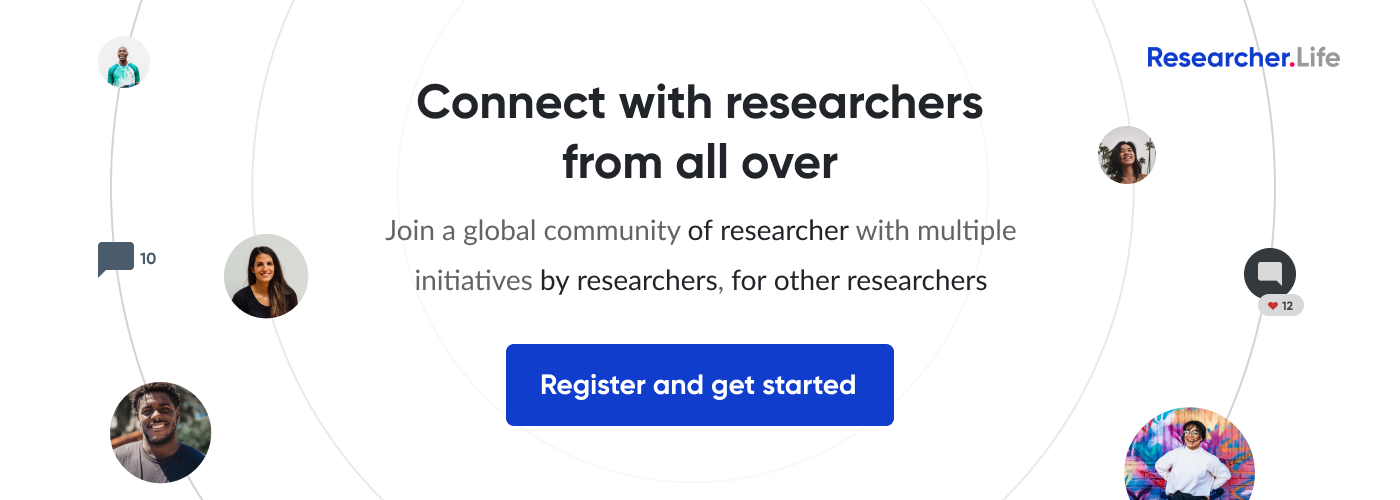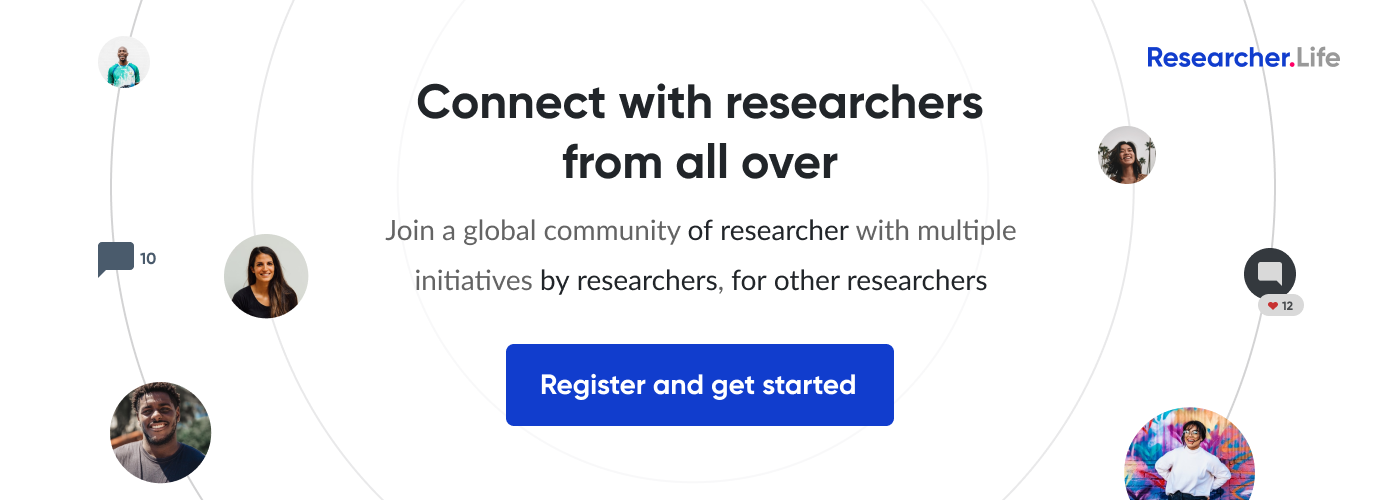Academic publishing and scholarly communications: Good reads, December 2015

December has been an eventful month, and our team of editors had many interesting news items to sift from. Needless to say, the historic climate summit in Paris was the highlight of the month. There were other developments on the scholarly publishing scene as well, related to open data, data management of libraries, and career choices of PhDs. Here are some snippets from the most interesting goings-on in research and academic publishing this month:
Climate summit: Arguably, climate change is one of the hottest topics of discussion in the scientific and political worlds. At the 2015 climate summit held on 12 December in Paris, representatives from 195 countries came together to approve a landmark plan to combat climate change. If adopted globally, the agreement will result in a major global and political push for curbing the rapid rate of global warming.
Open data accord: Four international science organisations - the International Council for Science, the InterAcademy Partnership, the International Social Science Council and the World Academy of Sciences - launched a joint accord supporting open access to big data, which is increasingly becoming the basis of research and policymaking. The initiative was announced on 9 December in Pretoria during the first Science Forum South Africa, and aims at making it easier for developing countries to participate in research on a global level.
Libraries and their data: Libraries are central to the research system. But how are libraries ensuring the integrity and inclusiveness of data flows that are managed by the institution? Seeta Peña Gangadharan talks about digital inclusion as a possible solution to maintaining the integrity of the data that a library provides and manages as well as to strengthening the role of the library as an integral part of scientific research and publishing.
Career problems of PhDs: Although the number of PhD holders is growing, there aren't enough jobs within and outside of academia to absorb them all. According to the National Science Foundation (NSF) Survey of Doctorate Recipients, although unemployment rate of doctorates in science, engineering, or health in the United States is very low (2.1% in 2013), the chances of getting a job in academia are slim. Over 50% of employed doctorate holders took up jobs outside academia for which they felt unprepared. The editorial in Nature highlights how the new PhDs are in no position to make informed decisions about their future and proposes solutions to tackle the issue.
Tradition over innovation in choice of research topics: Andrey Rzhetsky, Jacob Foster, and James Evans highlight the perils of the ‘publish or perish’ culture of academia in the paper "Tradition and Innovation in Scientists’ Research Strategies." They point out that of the 6.4 million scholarly publications in biomedicine and chemistry from 1934 to 2008, 60% publications built on existing knowledge rather than making new connections. Researchers find it safer to pursue work in established areas as it ensures publication, rather than pursuing innovative research questions that are considered risky prospects as there are more hurdles on the path to publication.
New species of animals discovered: Wouldn’t it be interesting to read some of the most striking animal stories of 2015? This post lists newly discovered species of vampire crabs, the intriguing frogs, the mysterious oarfish, a three-tailed lizard, and a necrophile tegu. The images are a delight to view and are sure to spike an interest in nature and wildlife.
For regular updates on important happenings in the journal publishing industry, watch our Industry News section.
Published on: Dec 29, 2015
Comments
You're looking to give wings to your academic career and publication journey. We like that!
Why don't we give you complete access! Create a free account and get unlimited access to all resources & a vibrant researcher community.













